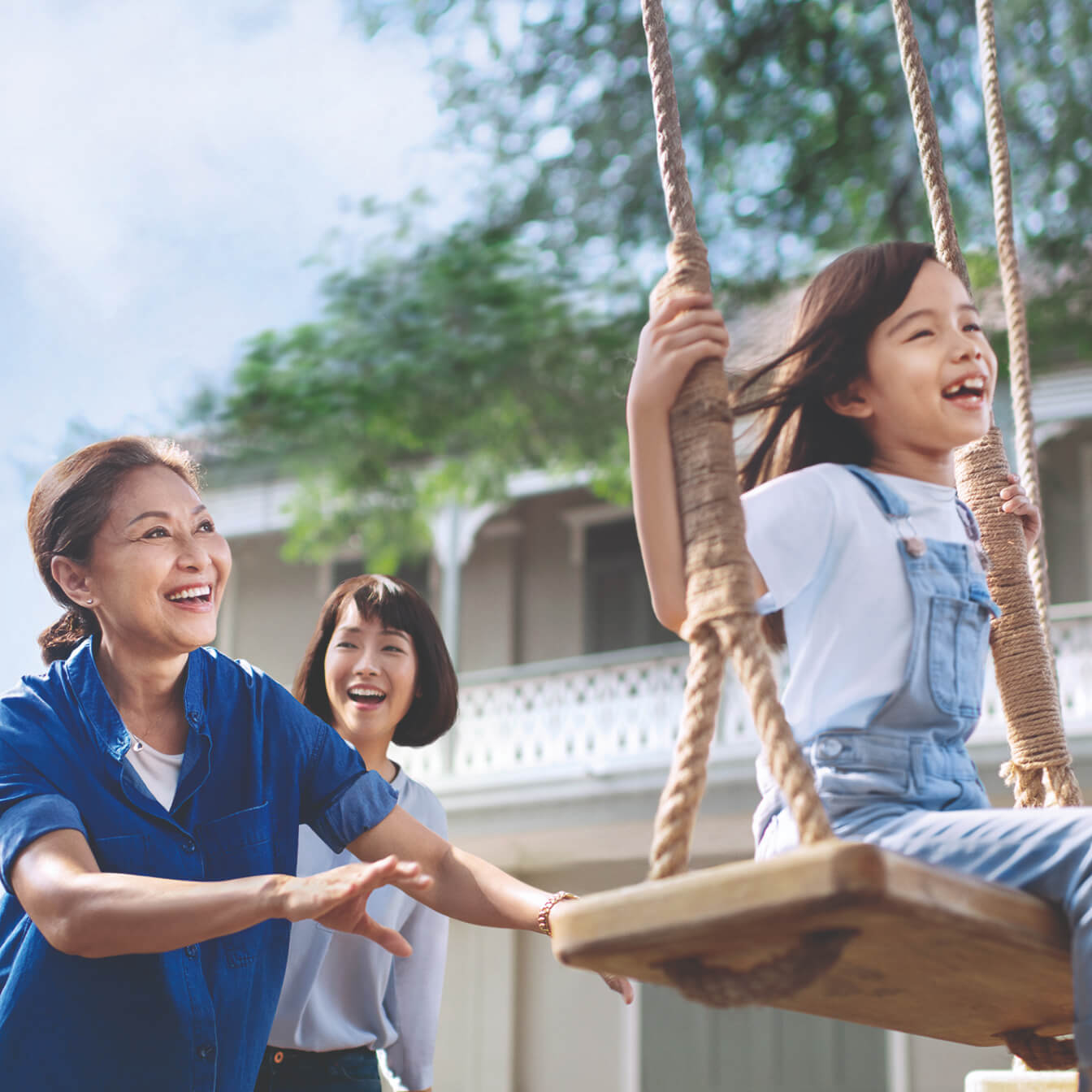Ensure Life
- Main Image
-
.jpg)
- Subtitle
- For Everyday Strength & Immunity
- Title
- Ensure® Life StrengthProTM Vanilla
- Detail Page Path
Let’s focus on elderly nutrition. Parents take great pains to ensure that their children are well nourished. But as you care for the nutritional needs of your child, you should not neglect your own or that of your parents either.
One of the easiest ways to take care of yourself as you care for others is to make sure you’re eating right. “Nutrition is the foundation of your health—it wards off chronic diseases, helps you manage your weight, and gives you the strength and energy you need to continue doing the things you love and need to do,” says Abby Sauer, RD, a dietitian with Abbott.
Take some time to start caring for yourself so you can be there for others.
When it comes to your health and well-being, good nutrition and lifestyle habits should work hand in hand. Poor habits such as smoking, lack of exercise and inadequate diet can have a cumulative effect on our bodies as we age.
It is important for seniors to keep a healthy diet, as good eating habits can strengthen the immune system and improve your ability to recover from illness1, as well as help prevent chronic disease.
Regardless of your age, maintaining a balanced diet can still be a challenge. One way to help you along: include nutritional supplements in your diet, to help meet the recommended intake levels. These products can help make up for the nutrients you might lack in your daily meals.
Inadequate nutrition can make you more prone to infections, muscle weakness and reduce your quality of life, as you age.2 It can also cause a lack of appetite and lack of taste sensitivity, due to deficiencies in micronutrients such as zinc.3
Poor appetite can encourage irregular meal habits, which can worsen the problem. Nutrient deficiencies can give rise to a whole plethora of other consequences ranging from loss of muscle mass and lethargy to depression and poor wound healing.
The elderly are at greater risk of undernutrition as their digestive systems are not as efficient in absorbing nutrients.4 They may also have problems chewing food in the later years. The elderly who refuse to take certain types of foods over others become at risk of missing out on essential nutrients.
The right lifestyle choices made earlier on in life can affect the health status of one’s later years. It is never too early or too late to ensure that you are getting the essential nutrients your body needs, to remain healthy and active. So stay nourished for good health!
References:
1 Fukagawa NK. Amino Acids. 2013 Jun;44(6):1493-509.
2 The Association of UK Dietitians. Link assessed at June 27, 2022. https://www.bda.uk.com/resource/malnutrition-in-older-people.html
3 Pisano M, Hilas O. Consult Pharm. 2016 May;31(5):267-70.
4 Norman K et al. Nutrients. 2021 Aug 12;13(8):2764.
SG.2022.30124.ENS.1

Adapt to a healthy lifestyle, build muscle strength, and enjoy a long, active life. Learn how protein and HMB can help you.

Active ageing while maintaining your muscles can be challenging, however science has shown that we can all be strong no matter what age.

Sarcopenia is a gradual loss of muscle mass after the age of 40. Self assess your muscle strength today with the SARC-F questionnaire.
You are about to exit for another Abbott country or region specific website.
Please be aware that the website you have requested is intended for the residents of a particular country or region, as noted on that site. As a result, the site may contain information on pharmaceuticals, medical devices and other products or uses of those products that are not approved in other countries or regions.
The website you have requested also may not be optimized for your specific screen size.
Do you wish to continue and exit this website?